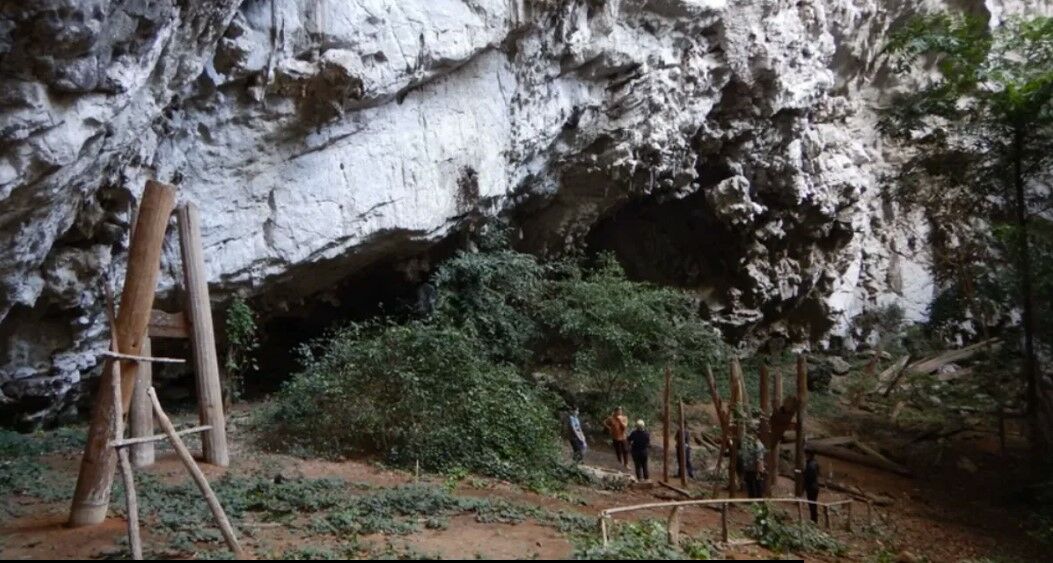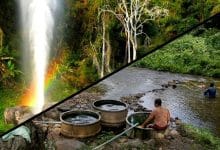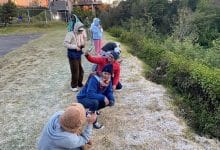The secrets of ancient Thai log coffins in northwestern Thailand

Many are unaware that the highlands of northwestern Thailand harbour dozens of caves, which serve as the final resting places for remarkable human burials dating back 1,000 to 2,300 years ago.
These burials consist of large wooden coffins, some several metres long and crafted from a single tree trunk, mounted above the floor on wooden stilts, reflecting a mysterious Iron Age culture that once thrived in the Mae Hong Son province of northern Thailand.
In a groundbreaking new study, archaeologists conducted a genetic profile of 33 ancient individuals buried at five Log Coffin culture sites, shedding light on the complex genetic landscape of mainland South East Asia after the Stone Age. The study, spearheaded by the Max Planck Institute for Evolutionary Anthropology, not only traced back the ancestries of these individuals but also unveiled the intricate genetic relationships within this ancient Iron Age culture.
The study revealed that the genetic makeup of the ancient individuals can be traced back to farmers from the Yangtze River valley in southern China and the local Hòabìnhian hunter-gatherer societies. Furthermore, it divided the farmer lineage into two groups, one linked to the Yangtze River Valley and the other to the Yellow River Valley in China, adding depth to the understanding of the region’s genetic history.
Culturally, the significance of these ancient Thai log coffins remains shrouded in mystery. The coffins, intricately crafted from single tree trunks, adorned with distinct carvings at the head and foot ends, raise intriguing questions about their purpose. Were they purely practical or did they hold a deeper spiritual value?
The study’s lead author, Wibhu Kutanan, highlighted that the carvings may reflect societal beliefs, the status of the deceased, or family and clan cemeteries, adding to the enigma surrounding these ancient burials, reported IFL Science.
The study’s findings also uncovered evidence of vast migration and intermingling in Southeast Asia over 2,000 years ago, indicating that not only genetic information but also cultural practices were exchanged and passed on. This revelation aligns with the discovery of similar traditions in nearby Vietnam, where over 170 boat-shaped coffins have been unearthed, pointing to a rich tapestry of cultural interconnectedness in the region.
Latest Thailand News
Follow The Thaiger on Google News:


























